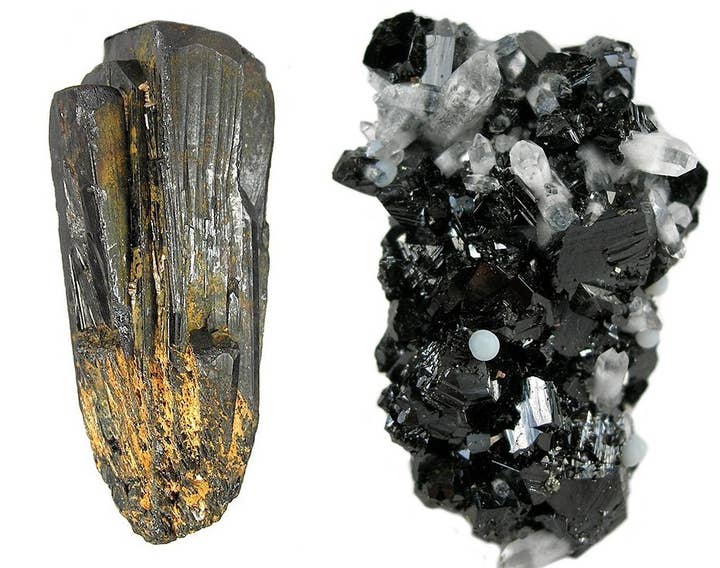Which gaming hardware manufacturers may have funded human rights abuses in 2018?
Apple and Facebook still best gaming companies for ethical sourcing; Sony continues to lag; Valve says nothing
When Apple asked its business partners for 2018 whether their operations were funding human rights abuses, five of them decided not to respond. Apple answered by halting all business with them.
When Sony asked its business partners for 2018 whether their operations were funding human rights abuses, over 50 of them decided not to respond. Sony answered by saying it would "demand" a response next year -- something the company also said last year when the same thing happened, and the year before that, to no significant improvement.
Apple and Sony are two ends of what turns out to be a pretty broad spectrum of caring about conflict minerals in the games industry. Having covered these issues in past years, it's time once more to take a look at the games industry and see how hardware and accessory manufacturers improved or not on making sure the latest gaming platforms didn't fund armed conflict and slave labor in 2018.
What are conflict minerals?
"Conflict minerals" is a blanket term for minerals that are mined in conflict zones around the world, the acquisition, sale, transport, or movement of which ultimately funds or perpetuates the conflict. This could mean directly funding armies or rebel groups, making use of slave labor for mining operations, or having illegal taxes, bribery, or coercion by armed groups touch the supply chain in some way, whether deliberately or not.
The four most common conflict minerals are tungsten, tin, tantalum, and gold (collectively referred to as 3TG), and unfortunately, they're all frequently found in products most consumers use every day -- including electronics such as gaming hardware. The good news is that ethical sources for these minerals exist that don't fund war and human rights violations.
The bad news is that companies don't always know whether they're using those ethical sources or not. Supply chain complexity is one reason for this; another is that a good chunk of these minerals come from certain areas (especially the Democratic Republic of Congo and surrounding countries) where ongoing civil wars and outside violent groups profiting from mining operations make it difficult both to discern whether or not a source is conflict-free and, if it is, to keep it that way.
How do companies guarantee ethical sourcing?
The simple answer is, at least at the moment, they can't. Not entirely. However, companies in the United States are required under the Dodd-Frank Act to make a public reporting with the SEC every year of just how close to being conflict-free they can reasonably determine their supply chains are.
Though these reports vary in how much or little information they include, all the ones we looked at for gaming companies have several common elements in how they gather and share this information from their complex supply chains.
Essentially, companies obtain minerals used in their products from suppliers, who in turn obtain them either directly or through a longer supply chain from smelters and refiners (SORs) located around the world.
Broadly, companies have two pieces of information that they need to learn about each SOR. First, is that SOR located in or getting its ore from a country where armed conflict and human rights abuses are occurring in connection with mining operations? And second, if so, is that SOR funding or benefiting those abuses in any way?
Most companies glean this information by reaching out to their suppliers and asking them to fill out a Conflict Minerals Reporting Template (CMRT), a standardized form created by the Responsible Minerals Initiative (RMI) that asks suppliers if their SORs have undergone the Responsible Minerals Assurance Process (RMAP), a procedure that effectively whitelists the SOR and confirms it uses conflict-free sourcing through a third party audit.
But this is where things get tricky, as some suppliers may opt not to respond, leave parts of the form blank, report inaccurately, fail to obtain key information about their SORs, or otherwise (intentionally or not) obscure potential connections between supply chains and human rights abuses.
That leaves it to the companies to impose measures to ensure this doesn't happen. As you'll see in our report, some companies actively communicate with their supply chains, and take efforts to remove suppliers or SORs who refuse to complete surveys or become RMAP-conformant. But as there's no legal requirement to do so, other companies gently slap wrists and chug onward year after year not knowing what's going on with a large chunk of their supply chains.
And when companies ignore industry-wide standards and best practices for ensuring responsible sourcing year after year after year, it becomes impossible to tell whether or not sales of consoles, controllers, toys-to-life figurines, VR headsets, and other gaming hardware helped perpetuate human rights abuses.
Word and acronyms to know
When trying to parse issues surrounding conflict minerals, a lot of terms and acronyms tend to get thrown around. Here's a quick overview of the ones seen frequently in this report:
- 3TG - Tin, tungsten, tantalum, and gold, the four most common conflict minerals.
- Covered Country - The Democratic Republic of Congo and adjoining countries: Angola, Burundi, Central African Republic, Rwanda, South Sudan, Tanzania, Uganda, and Zambia. Minerals sourced from these countries have a higher potential of benefitting, financing, or otherwise supporting armed conflict or human rights abuses.
- CMRT - Conflict Minerals Reporting Template - A standardized reporting measure developed by the Responsible Minerals Initiative (RMI) to allow suppliers to gather and submit information about the upstream elements of their supply chains.
- RMAP - Responsible Minerals Assurance Process, a program created by the Responsible Minerals Initiative to help companies responsibly source minerals in their supply chains.
- SORs - Smelters and refiners, one of the most upstream elements in supply chains for minerals.
- Suppliers - The "middle men" of mineral supply chains. Suppliers obtain minerals from SORs, then supply those to companies to manufacture products.
How did game companies do in 2018?
Apple
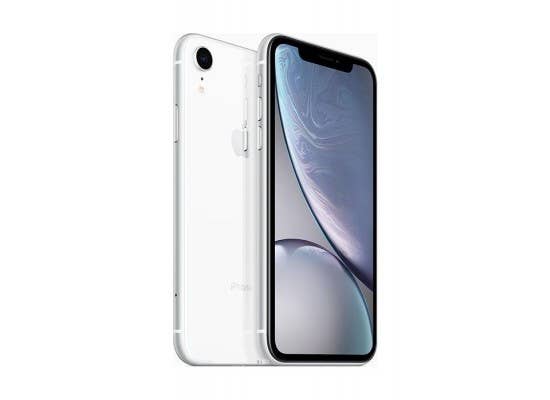
Five years ago, Apple's report on its use of conflict minerals was an uncomfortable one to say the least. Only 135 of its 225 SORs -- 60% -- could be reasonably said to not have funded conflict in 2014. But Apple took the hint quickly. Its 2015 report saw a 100% survey return rate, and Apple found no reasonable basis to determine any of them had financed or benefited armed conflict. That repeated in 2016 and 2017.
Now in 2018, Apple still has the distinction of being far and away the best gaming company we looked at for responsible sourcing. It once again saw 100% survey participation, and all 253 of its SORs found no evidence or reasonable suspicion of support for armed conflict. In fact, Apple actively told its suppliers to remove five SORs from its supply chain last year for refusing to participate in a third party audit.
In addition, Apple puts considerably more effort than any other company we investigated into making sure its supply chain understands the importance of ethical sourcing via training materials in different mediums and translations, support lines, and other tools. It funds various initiatives, including the whistleblowing activities of the Industrial Technology Research Institute's Tin Supply Chain Initiative, the International Peace Information Service, relevant activities of the University of California at Los Angeles and Harvard Humanitarian Initiative, and most recently a human rights impact assessment of a potential traceability project in the Democratic Republic of Congo.
As good as that all sounds, one dark footnote in Apple's SEC filing this year was that it still included a segment in its report about how as a part of its routine examination of whistleblower reports, it found eight potential incidents that involved illicit activities such as bribery, corruption, or criminal activity that it couldn't entirely guarantee hadn't affected its supply chain somehow.
It's to Apple's credit that they mentioned this at all -- there's nothing that touches this level of detail in any other report we read. But it's also a sad example of the complexity of supply chains and the extreme prevalence of corruption at multiple levels. If Apple, which appears to have the most thorough understanding of its own supply chain of any company we looked at, still isn't 100% on whether or not its iPhones put money in the pockets of armed groups, then what about the companies that don't even know who provides the minerals in their products in the first place?
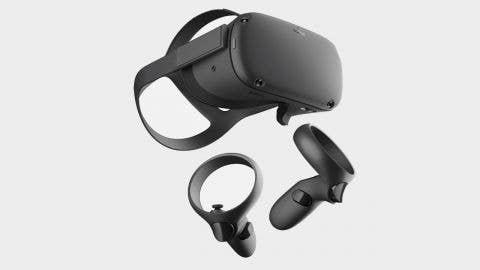
Like Apple, Facebook has proven over multiple years that it takes ethical sourcing seriously with the manufacture of hardware such as the Oculus Rift, Oculus Go, and their related controllers and accessories.
Though the language in its filing is less specific and stringent about the requirements it places on its suppliers, whatever it's doing seems to be working. Its first report for 2016 with the launch of the Oculus Rift was near perfect (with only one of its SORs not conformant with the RMAP), and its subsequent 2017 report managed to rope in the remaining SOR for all 192 confirmed conformant.
Looking at 2018, Facebook has added 60 more SORs for a total of 252. Oddly, the SEC filing doesn't mention survey return rate, though its language does specify that survey returns are "required" of its suppliers and does not indicate anywhere that there were suppliers or SORs knowingly left out. Of the 252, all but five are conformant with RMAP, with four marked as "active" and undergoing assessment to become conformant.
The remaining SOR is neither active nor conformant, though Facebook's filing notes that it has "reasonable expectation" it did not source minerals from one of the Covered Countries, and thus is not supporting armed conflict.
Facebook's filing, unlike most of the others we looked at, does not detail plans to improve or continue the strong track record of its sourcing efforts in the coming year.
Activision Blizzard
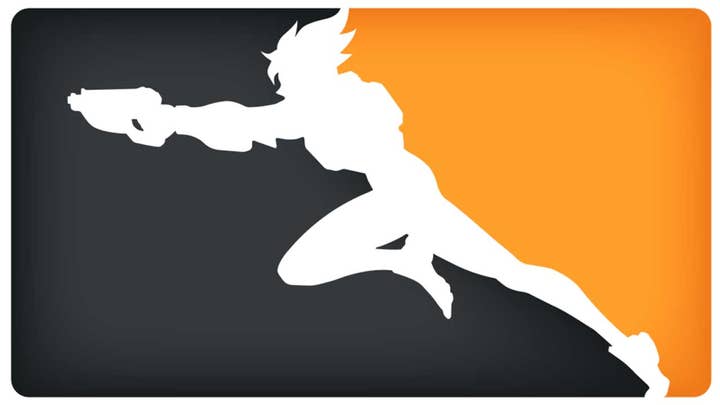
For a while, it seemed that Activision Blizzard would soon be done with any products that included conflict minerals. 2017 saw the dying gasps of Skylanders, with a 90% survey return and only three SORs using conflict minerals. All were conformant.
But with Skylanders solidly in the rearview now, Activision Blizzard is still using conflict minerals for certain branded products for Overwatch and World of Warcraft. This year the company had a 100% survey return, revealing only two SORs. One was conformant, but Activision Blizzard was unable to determine specific details about the other SOR, including its location. So while the company maintains in its filing that, to the best of its knowledge, none of its products contain 3TGs from Covered Countries, that claim seems a touch generous.
The company does detail a risk mitigation plan for future years, but specifics are limited to pledges to continue past efforts to maintain survey response rate and "work with" suppliers who aren't providing full or accurate information. There is no indication that Activision Blizzard will make survey or audit completion a requirement of its suppliers and SORs in the future.
Microsoft
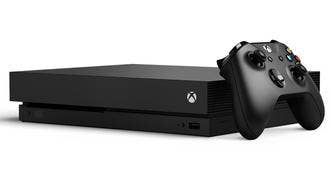
For Microsoft's various Xbox incarnations, the console manufacturer obtains its minerals from a host of SORs only outnumbered by Sony. And yet the last few years it has managed a near-perfect survey return rate, though a 99% return rate in 2016 and 98% in 2017 means that Microsoft is still allowing some of its supply chain to slip through the cracks each year. That didn't change in 2018, and neither did much else.
Of 174 total active suppliers, 171 returned their surveys for a 98% response rate, leaving three suppliers and an unknown number of SORs upstream from them out of Microsoft's scrutiny. The company does give a fairly detailed breakdown of the 299 known SORs providing minerals to its suppliers, though that breakdown isn't necessarily a happy one. 252 of them were conformant with RMAP, and six were undergoing audits to become conformant. However, that left 41 SORs in various levels of non-conformance, with some simply "not interested" in the audits.
It's worth noting that 252 is the exact number of SORs that were conformant last year, though there's no way to tell if it's the same 252 or if (more likely) the SORs involved have shifted a bit. Despite Microsoft attesting that it places suppliers on "restricted" status if they don't commit to RMAP-conformant sources and "may also terminate" business with them, that policy has not resulted in a 100% survey return rate or a drastic improvement in conformance over the last few years.
As for future corrective actions, Microsoft's report mostly focuses on a continuation of past practices, leaving little room for optimism. It does maintain partnerships with multiple organizations working toward improving conflict minerals sourcing, but that will mean little as long as Microsoft does not have its own house in order.
Sony
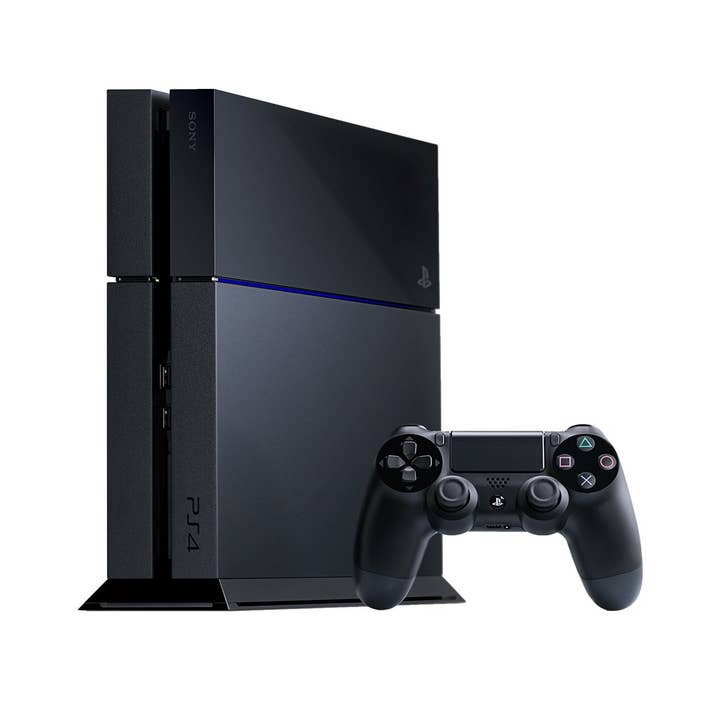
Sony's ongoing trend of being the least transparent company on its conflict minerals sourcing continued in 2018 as the company once more refused to say how many of its suppliers didn't return surveys, couldn't identify all its SORs, and had a large number of known SORs not just non-conformant, but also largely unknown in terms of location and activities.
To begin with, Sony noted that some of its suppliers either refused to identify SORs in their supply chains, returned incomplete or inconsistent surveys, or didn't respond to Sony's request for surveys at all. Last year, The Enough Project provided a report on major tech companies' progress on ethical sourcing that put Sony among the worst of those investigated, and was able to pin Sony's survey return rate for 2017 between 80% and 87%. The Enough Project does not have an updated report for 2018 on its website, though, and a request to the project for comment went unanswered.
Looking at the surveys that did show up this year, Sony's suppliers identified 310 total SORs, with only 257 identified as either RMAP-conformant or currently under the audit process (and no breakdown of just how many fell into which category). The remaining 53 SORs were not just non-conformant and not under audit, but Sony could not verify their locations, simply attesting that none of the suppliers outright stated they were in a Covered Country.
Sony is aware of how its report looks. In a list of identified risks, Sony acknowledges it has issues with supplier response to the survey, identification of SORs, failure of its supply chain to adopt a conflict-free sourcing policy, and failure on its own part to promote RMAP participation.
As for what it's doing to address these risks, Sony has promised to work slightly harder to clean up its supply chain in 2019. Last year, it pledged to send letters to suppliers that were consistently ignoring surveys. This year, it's promising in-person visits. However, given Sony's ongoing history of hand-waving these issues, it seems unlikely that anything short of a pledge to outright remove non-conformant elements of its supply chain will result in significant improvements next year.
Nintendo
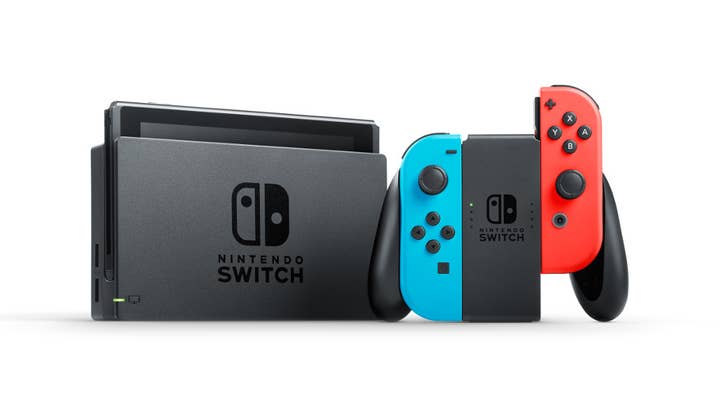
Nintendo is not publicly traded in the United States, and thus does not have to file with the SEC on whether or not it is responsibly sourcing minerals. However, Nintendo does publish an annual update on the issues in its Corporate Social Responsibility Reports, which in the past have largely contained the same information that one can find in the SEC filings of other companies.
When Nintendo began reporting on its use of conflict minerals back in 2014, things didn't look so hot. At the time, the console and amiibo manufacturer was only able to say that 47% of its SORs were RMAP-conformant. That number jumped to 72% in 2015 with a 100% survey response rate (which remained constant up through last year's report), but has since only seen incremental improvements to 74% conformant in 2016, and 76% in 2017.
Nintendo's report isn't typically published until the end of June, and an English translation has historically been available around a month after. We've reached out to Nintendo of America, which confirmed to GamesIndustry.biz that it would be publishing a similar update at around the same time this year. As in previous years, we'll write a separate analysis when that information becomes available.
In the meantime, Nintendo of America has provided a statement to GamesIndustry.biz:
"Nintendo takes its social responsibility as a global company very seriously. We have an unequivocal policy banning the use of conflict minerals in any of our products, and expect our production partners to do the same. Because Nintendo outsources the manufacture and assembly of all Nintendo products to its production partners, we established the Nintendo CSR Procurement Guidelines based on relevant laws, international standards and guidelines that focus on protecting human rights, ensuring workplace safety, promoting corporate ethics and safeguarding the environment. We share these guidelines with all of our production partners.
"These guidelines require our production partners to establish a policy banning the use of conflict minerals and investigate the source of materials in our products by using the internationally recognized RMI conflict minerals reporting tool.
"We continue to actively work with our production partners in our supply chain to refrain from using conflict minerals in our products."
Ubisoft
Update July 1, 2019: This year, we reached out to Ubisoft to check in on its possible use of 3TGs in making its toys-to-life figurines for Starlink: Battle for Atlas. They have since followed up by confirming that no conflict minerals were used for Starlink.
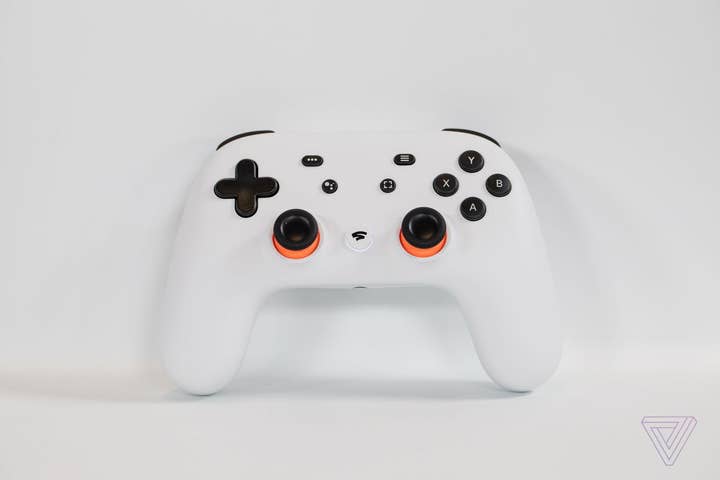
This is the first year we're including Google as part of our annual conflict minerals report, a decision we made due to Google's formal entry into gaming with Google Stadia, which launches in November. Though Google Stadia is a cloud-based service, elements of its use do rely on hardware that uses conflict minerals -- namely, its Google Stadia Controller and the Chromecast Ultra required to stream games to TVs.
Since 2019 will be the first year Google is manufacturing these products en masse, the numbers we're reporting here do not reflect the materials used in products specific to gaming or Stadia. Rather, they're inclusive of not only Google's many electronic products like Google Home and Chromecast, but everything electronic under parent company Alphabet's business umbrella. That said, Google's track record can provide an idea of what to expect in the future, and a benchmark to look at next year when its numbers also include minerals used for gaming products.
On the downside, Alphabet's SEC filing indicates some of its suppliers were "still in the process" of gathering information from their SORs. It's not clear how many or what percentage of the company's SORs that refers to.
However, Google and Alphabet appear to be moving in the right direction in their third year of conflict minerals reporting. Of 298 known SORs, the company identified 249 as "conformant" and five as currently in the audit process. Though that seems like it leaves a rather sad 44 behind, the filing attests that those remaining SORs do not source minerals from Covered Countries at all.
In efforts to improve future compliance, Alphabet makes a number of pledges to increase its understanding of its supply lines, encourage use of RMI-approved tools and resources, require new suppliers to follow its conflict minerals policies, and raise awareness of responsible sourcing. It has already engaged in multiple education campaigns, including a film entitled Journey of Gold, and a program to support the economies of Congolese communities called Congo Power.
HTC
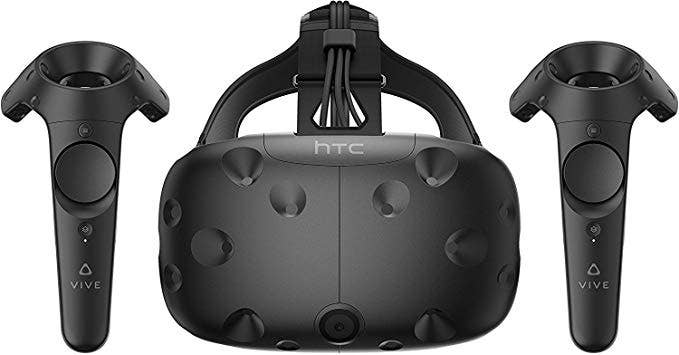
HTC makes Vive VR headsets and their related accessories, along with numerous other electronics that include 3TGs. Like Nintendo, the company is not publicly traded in the United States and isn't required to file with the SEC on its use of these minerals. But unlike Nintendo, HTC doesn't publish a yearly conflict minerals report in English.
However, HTC responded to GamesIndustry.biz' request for comment on this issue with some promising statements. Though it didn't include a breakdown of its suppliers and SORs, its policy in recent years has been not to source any of its minerals from Covered Countries. It requires its suppliers to agree to this policy, and like the other companies in this report, it performs an annual CMRT survey to ensure this contract isn't breached.
While this policy may help avoid putting money in the hands of armed groups, the idea of side-stepping the Central African region entirely to avoid unethical sourcing is one that's been criticized in the past by some as harmful to groups in the region doing legitimate business. One pointed explanation of the possible effects of this comes in a 2010 letter, submitted to the SEC by representatives of mining cooperatives in North Kivu, which outlines some of the struggles of these legitimate groups in response to Dodd-Frank, including concerns about smuggling, lack of work for miners, and effective abandonment of support for groups trying to build legitimate operations to resist the illegitimate ones.
"If we cannot start to work when the [local government ban on mining] is lifted, we will starve," it reads. "We cannot continue to suffer any longer. Do we now have to choose between dying by a bullet or starving to death?"
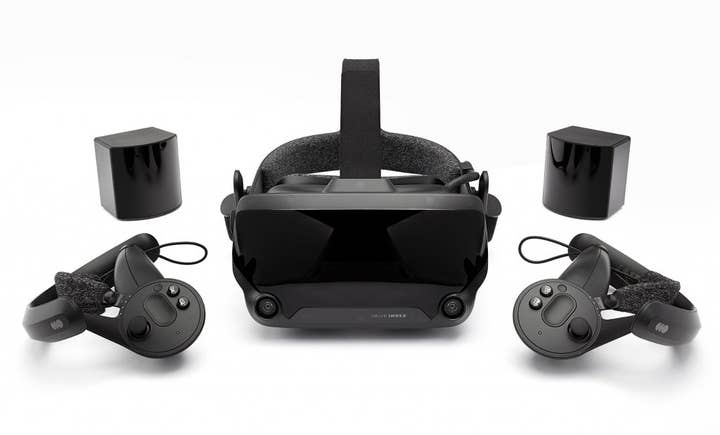
Valve
Though Valve has manufactured and sold electronic products (such as its Steam Link) before, we haven't included it in our past reports as it isn't a publicly traded company and has no public data available on its conflict minerals sourcing. This year, with the coming release of the Valve Index, we wanted to change that.
With the understanding that the Index is not on the market yet and thus the company would not reasonably have a report on its mineral sourcing for the hardware, we reached out to Valve in the hope that we could, at minimum, obtain a statement of the company's policy on conflict minerals and any data on past efforts to ensure ethical sourcing for products such as the Steam Link or Steam Controller.
Unfortunately, Valve was the only company we reached out to that did not respond in any way to our requests on this issue.
